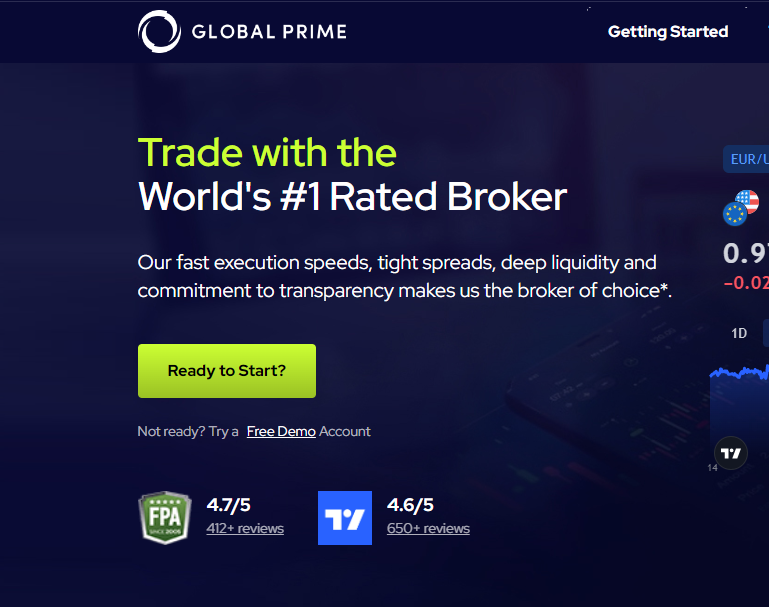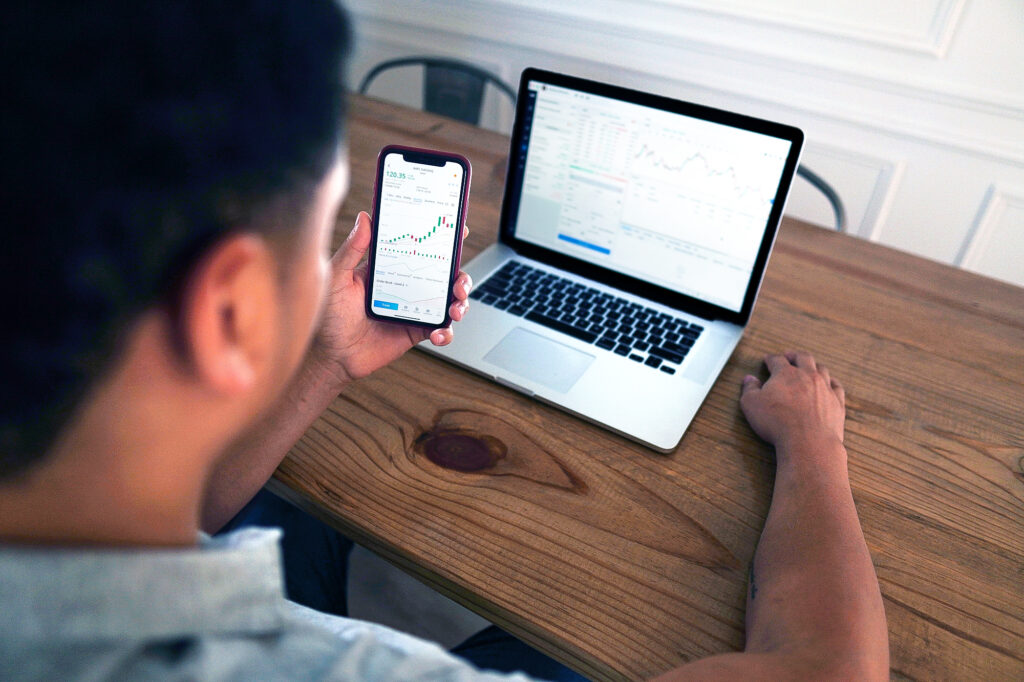Trading is a profitable venture, even for beginners. However, it’s not a get-rich-quick scheme. Success in trading requires discipline, patience, and a solid strategy. If you want to become a better trader, you’re in the right place.
In this post, I will go straight to the point. From trading rules and strategies to managing risk and capital, I will give you direct tips to improve your trading skills and achieve better results in the market.
So, here we go!
1. Establish a Set of Trading Rules (Risk and Money Management)
Successful trading starts with a well-defined plan. Create a set of trading rules to maintain discipline and reduce uncertainty. Sticking to your rules is crucial, so avoid any compromises.
2. Develop a Reliable Long-Term Trading Strategy
Contrary to what some believe, trading isn’t a guaranteed profit engine. Some trades will yield returns, while others may not meet your expectations. A dependable trading strategy can offset losses and provide an edge over random trading.
3. Expand Your Trading Knowledge
Never stop learning in the ever-evolving trading landscape. Enhance your trading knowledge by studying market data, learning from experienced traders, taking online courses, reading trading blogs, and participating in trading communities and forums.
Don’t Miss: How to Increase Your Trading Knowledge as a Beginner
4. Have a Financial Backup Plan
The market doesn’t guarantee wins every day. Having an alternative income source can alleviate financial stress and prevent emotional decision-making influenced by bills and expenses.
5. Save or Invest Your Profits
Refrain from extravagant spending when you have winning trades. Instead, save or invest your profits to create a financial cushion for less fortunate trading days.
Continue Reading: How to Reinvest Your Profits as a Trader
6. Acknowledge That Trading Isn’t a Get-Rich-Quick Scheme
Trading is far from a shortcut to wealth. It’s marked by market fluctuations and uncertainties, and success takes time and effort.
7. Ensure Adequate Starting Capital
For serious full-time trading, a substantial initial investment is crucial. Effective risk and money management are vital to secure a strong trading foundation.
Also Read: How to Get Funded as a Trader
8. Join the Trader Community
Trading can be solitary, but you don’t have to go it alone. Joining a trader community offers valuable support, market insights, and networking opportunities.
9. Identify Your Trading Style
Determine if you’re a day trader who thrives on short-term moves or a swing trader seeking longer-term gains. Know your strengths and weaknesses based on your chosen trading methodology.
10. Final Tips
- Focus on the quality, not quantity, of trades.
- Embrace a healthy risk and money management system.
- Take breaks and engage in activities you enjoy.
- Keep learning and stay updated with our Telegram community.
Advanced Training
Looking to take your trading skills to the next level? We offer a range of resources and services to support your trading journey. Explore our educational materials, live webinars, and trading communities. For more in-depth guidance and exclusive insights, consider our membership services, starting at just $59 per month.
What You’ll Gain in the Course
Our advanced mentorship service and trading course covers a wide range of topics, including:
- Trade Management: Learn how to manage your risk, money, position sizes in response to market volatility, ensuring that you stay within your risk tolerance.
- Trading Setups : Telegram & Discord access to 4Hour – Day – Week chart setup ideas which are referred to trading signals by traders in the Forex, Commodity, Stocks, Crypto and Index market.
- Correlation Analysis: Gain insights into how different assets move in relation to each other and how to diversify effectively.
- Access Restricted Contents: Access to Private VIP systems and trading courses not available on our social media pages and website.
- Reliable Support System: 24/7 one-on-one appointment with mentor.
To enroll and gain access to the course and the many other benefits of our membership community, simply visit the ChartsEmpire Membership Community Page.
Suggestions from Traders
We’re here to learn and grow together. We value your insights and suggestions. What improvements would you like to see on our blog? Share your thoughts in the comments section below. Your feedback not only helps us improve but also contributes to the collective success of our trading community.
Key Takeaways
- Trading success requires discipline, a strong strategy, and patience.
- Set trading rules and adhere to them without compromise.
- Create a reliable, long-term trading strategy for consistency.
- Never stop learning and broaden your trading knowledge.
- Ensure you have an alternative income source as a financial backup plan.
- Save or invest your profits to build financial resilience.
- Understand that trading isn’t a get-rich-quick scheme.
- Adequate starting capital and risk management are vital for full-time traders.
- Join trading communities for support and networking.
- Discover your trading strengths and weaknesses based on your preferred methodology.
Join Our Telegram Trading Community
Want to stay updated with the latest market trends, trading insights, and connect with fellow traders?
Join our Telegram trading community, where you can engage in real-time discussions, ask questions, and gain valuable perspectives from seasoned traders. Don’t miss out on this opportunity to be part of a supportive trading network. Join us on Telegram today for an enriching trading experience.







